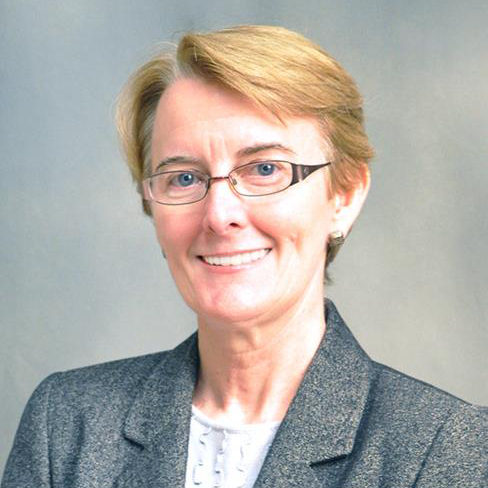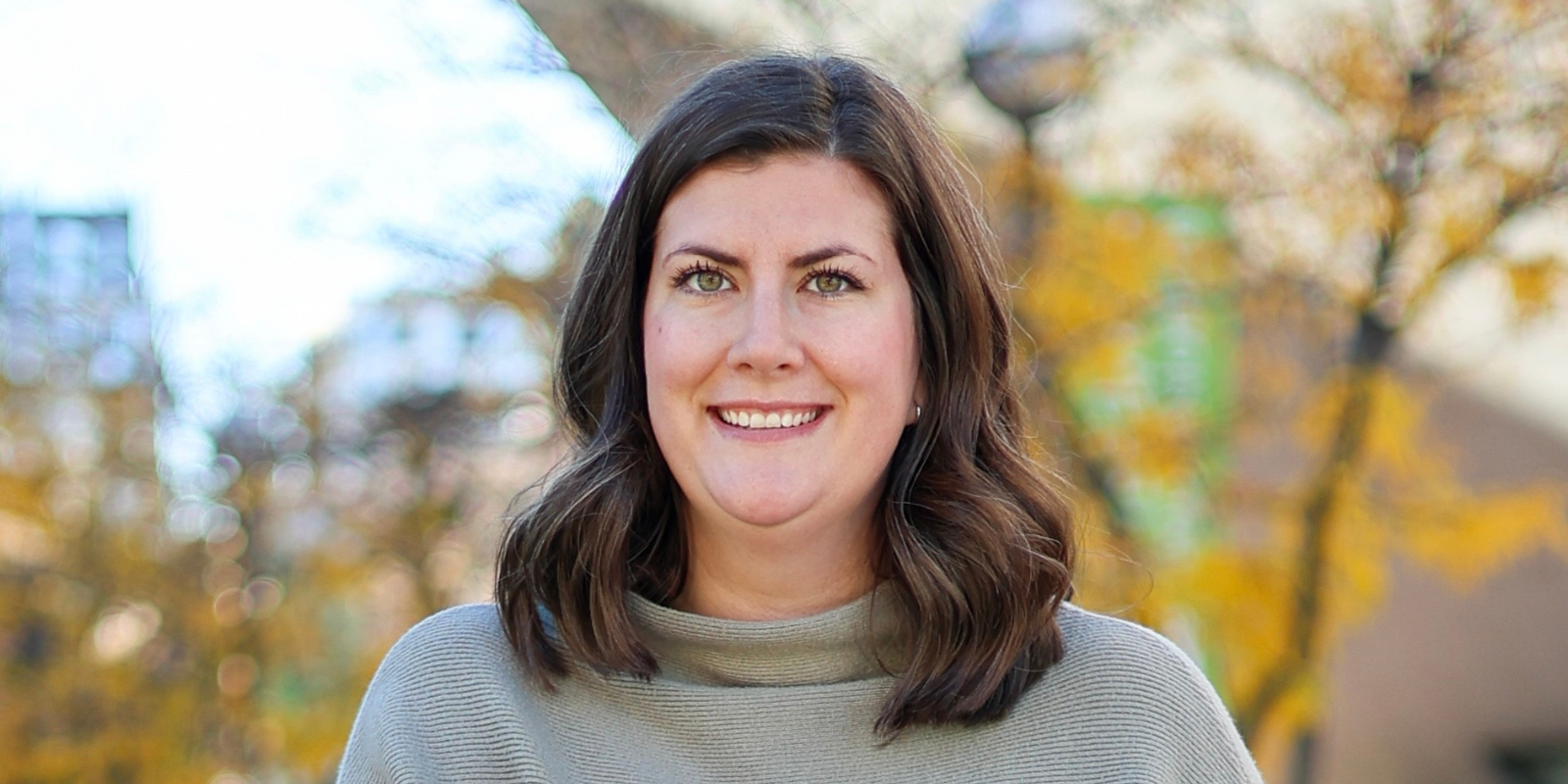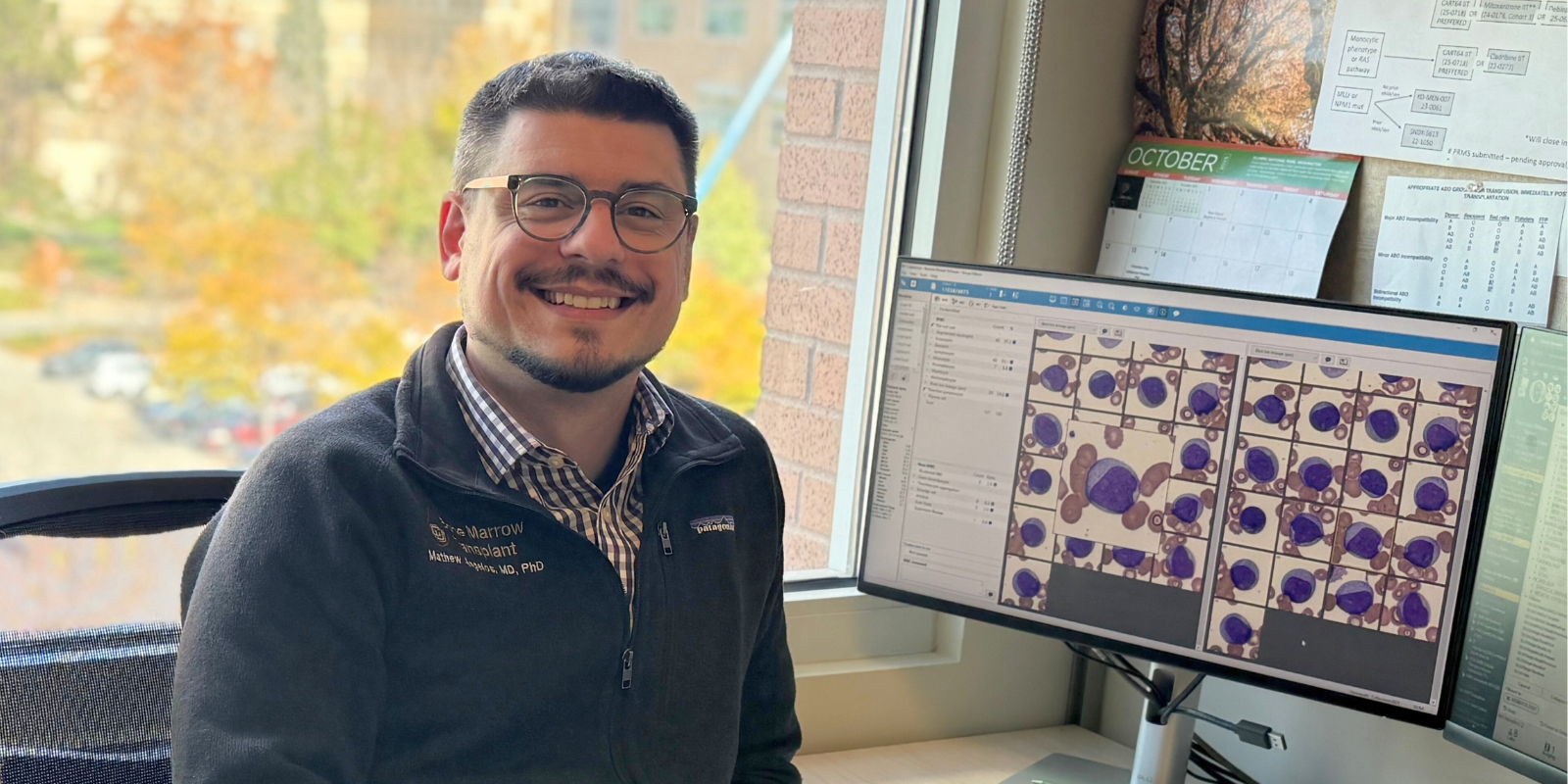Driven in part by an increase in breast cancer diagnoses in younger women — particularly in Black women — the United States Preventive Services Task Force (USPSTF) — has proposed lowering the recommended age for beginning regular mammograms from 50 to 40. The USPSTF recommends that women at average risk for breast cancer get screening mammograms every other year.
“Breast cancer is the second most common cancer and the second most common cause of cancer death for women in the United States,” the USPSTF said in a press release. “While the Task Force has consistently recognized the lifesaving value of mammography, we previously recommended that women in their 40s make an individual decision about when to start screening based on their health history and preferences. In this new recommendation, the Task Force now recommends that all women get screened starting at age 40. This change could result in 19% more lives being saved.”
“New and more inclusive science about breast cancer in people younger than 50 has enabled us to expand our
prior recommendation and encourage all women to get screened every other year starting at age 40,” says Task
Force immediate past chair Carol Mangione, MD, MSPH. “This new recommendation will help save lives and
prevent more women from dying due to breast cancer.”
The USPSTF also noted that Black women are 40% more likely to die of breast cancer than white women and often get deadly cancers at younger ages. “The Task Force recognizes this inequity and is calling for more research to understand the underlying causes and what can be done to eliminate this health disparity.”
The recommendation, which is not final, is available on the USPSTF website for public comment through June 5.
We spoke with University of Colorado Cancer Center member Dulcy Wolverton, MD, associate professor of radiology in the CU School of Medicine, for her insights on the proposed change and the reasoning behind it.





